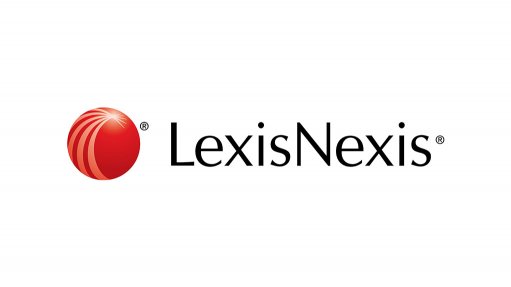
Social media is an ever-evolving channel, which has taken the world by storm over the last decade. Today, Facebook boasts a registered user tally worldwide of over 1.8-billion and counting, while LinkedIn has approximately 106-million active users. These platforms are among a host of other social networking sites and their subscribers, who willingly share personal information, engage with their audience and express themselves on a daily basis.
It’s no wonder that even the business world has embraced social media to supplement their research, marketing and public relations efforts.
It has also become a growing trend for human resources professionals to turn to social media to gain information on potential employees. In addition, there are numerous digital tools available to automate and streamline the recruitment process.
Data from recruitment marketing app Jobcast states 93% of companies globally use LinkedIn for recruiting, 66% use Facebook, and 54% use Twitter. The Society of Human Resource Management said in 2016 that 84% of organisations had reported recruiting via social media, while 9% planned to start using it. The Society also said 43% of organisations reported using social media or online search engines to screen job candidates and that a job candidate’s public social media profile can provide information about work-related performance.
While effective in achieving some level of insight into the personality and behavioural patterns of a candidate, background screening via social media alone is a dubious and unreliable practice, says Rudi Kruger, General Manager of Risk Solutions at LexisNexis Data Services.
“Searching for the right fit for an enterprise can be a long and time consuming process and social networking sites act as a quick – and “free” – method that admittedly does play a part in filtering candidates,” said Kruger. “However, social media networks are tailored to fit their intended audience, thereby providing only a snapshot of an individual’s life, activities and views. It should also be noted that depending on the forum, it is something that the individual is comfortable sharing on a public platform.”
Sites such as LinkedIn, the “professional’s” networking dais, play an important role in the preliminary hiring stages, by modifying searches and highlighting candidates with skills that match the company’s requirements. This adds a new dimension to the hiring process, providing more possibilities for a company to filter through. Nevertheless, as a holistic pre-screening tool, social media has limited capabilities.
Some of the major hurdles include:
- Criminal records – Social media networks were not designed to uncover criminal behaviour – past or present. There is no means of verifying a criminal record through a social media search and this is likely to go undetected.
- Hackers and fake profiles – Fake profiles are commonplace within these platforms and pose a major threat to business operations. Hackers utilise information pulled from existing legitimate profiles to create one desirable profile, with the aim of hooking and syphoning company information.
- Irregularity – Individuals have different levels of interest in social media. Where one candidate posts regularly, another could demonstrate little to no content. In some cases, individuals may not have any accounts. This can unfairly be seen as apathetic behaviour, or reversely, incorrectly indicate that the candidate is not a high risk.
- Prejudice – Scrolling through an individual’s private accounts can result in some form of prejudice (be it negative or positive) forming in the mind of the recruiter. The aim is to find the best candidate for the job, based on capabilities.
Background checks must be an all-inclusive system, consisting of a series of reliable programmes and databases. The most effective means of conducting compulsory background checks remains that of third-party involvement. As an unbiased component of the hiring process, fair representation is guaranteed.
Background screening solution, Lexis® RefCheck assists employers with verifying a wide range of personal information, including identity of candidate, information held by credit bureaus, criminal records, driver's licenses, global academic qualifications and professional association memberships. Lexis RefCheck also provides a valuable employee due diligence and audit tool 24/7.